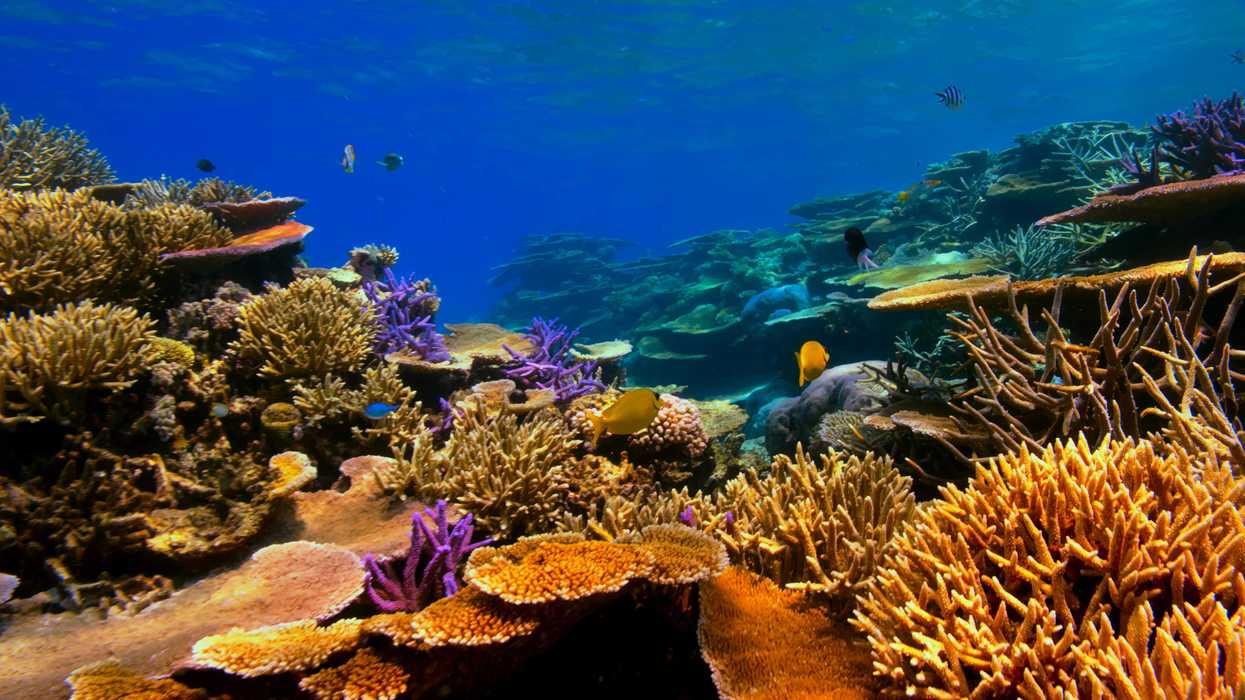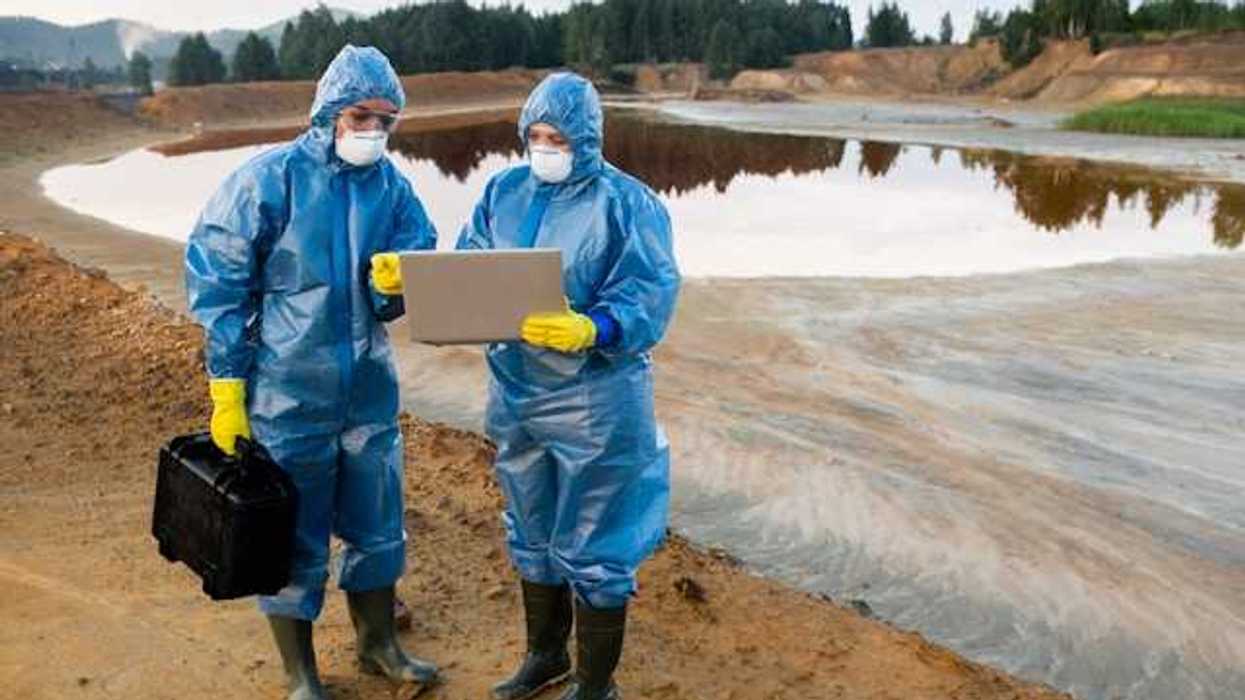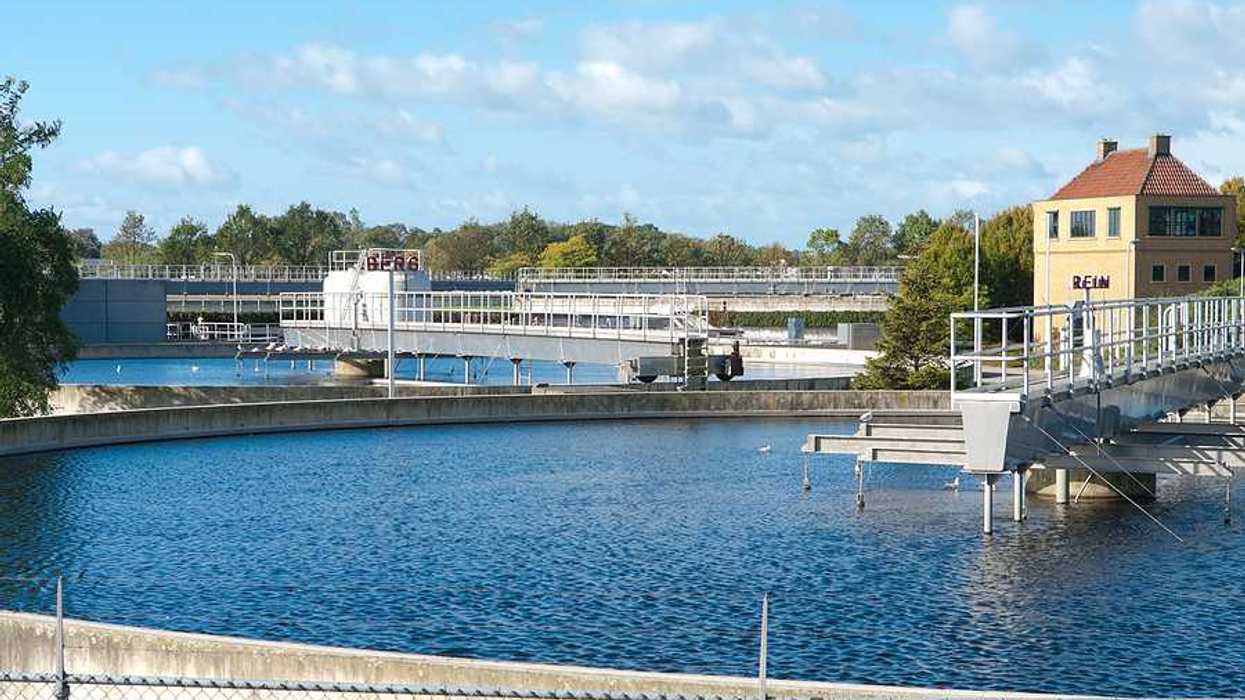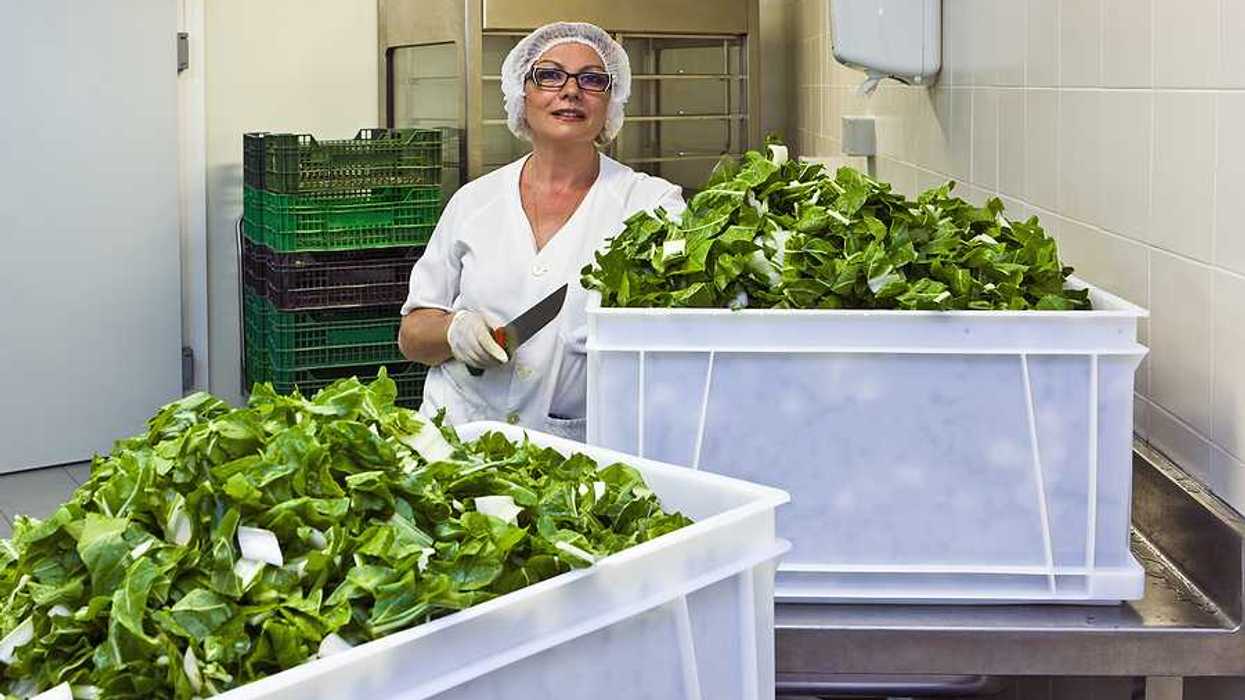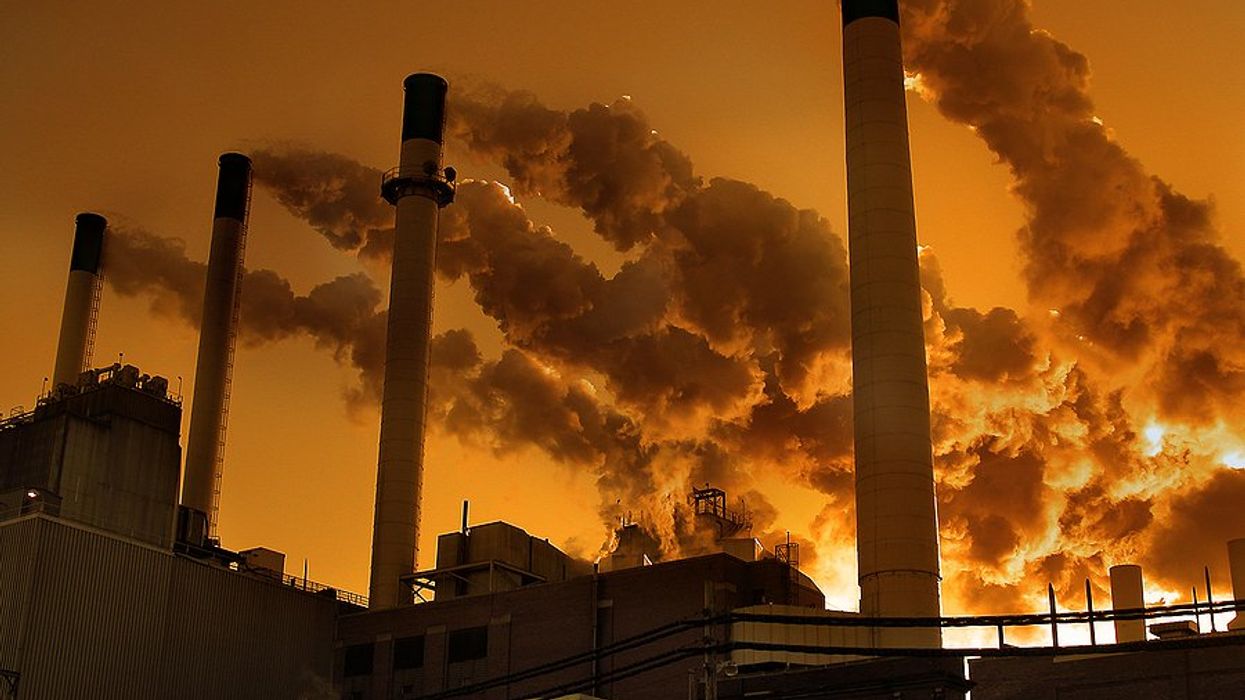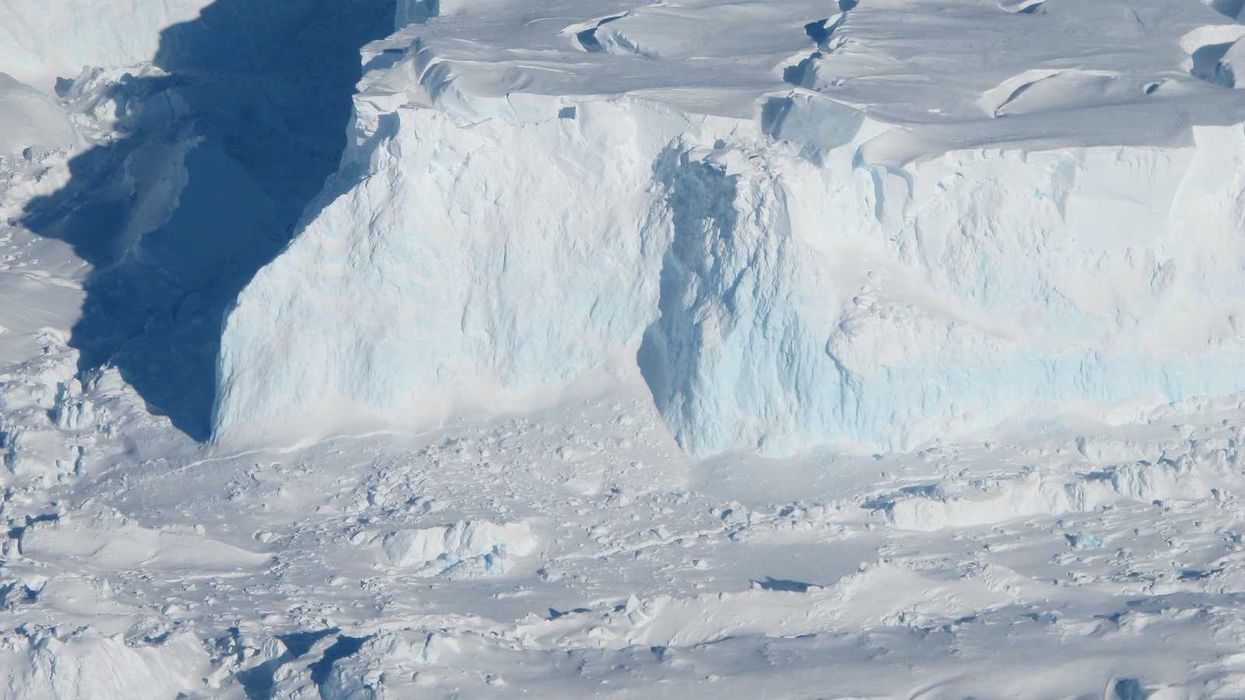Marine microbes lack the enzymes needed to degrade the massive amounts of plastic in the ocean, new research reveals.
Victor Gambarini reports for The Conversation.
In short:
- Marine plastic pollution includes an estimated 170 trillion particles, creating a major environmental crisis.
- A study found no correlation between plastic pollution levels and the presence of plastic-degrading enzymes in marine microbes.
- Most plastics, especially fossil-based ones, are not biodegradable and persist in the environment for centuries.
Key quote:
“Our findings suggest the global ocean microbiome has not yet evolved to efficiently degrade the many types of plastic pollution plaguing marine ecosystems.”
— Victor Gambarini, PhD student in marine science, University of Auckland
Why this matters:
Plastic pollution remains a severe threat to marine environments as most plastics are not degradable. Without natural degradation processes, solutions must focus on reducing plastic waste and developing sustainable alternatives.


